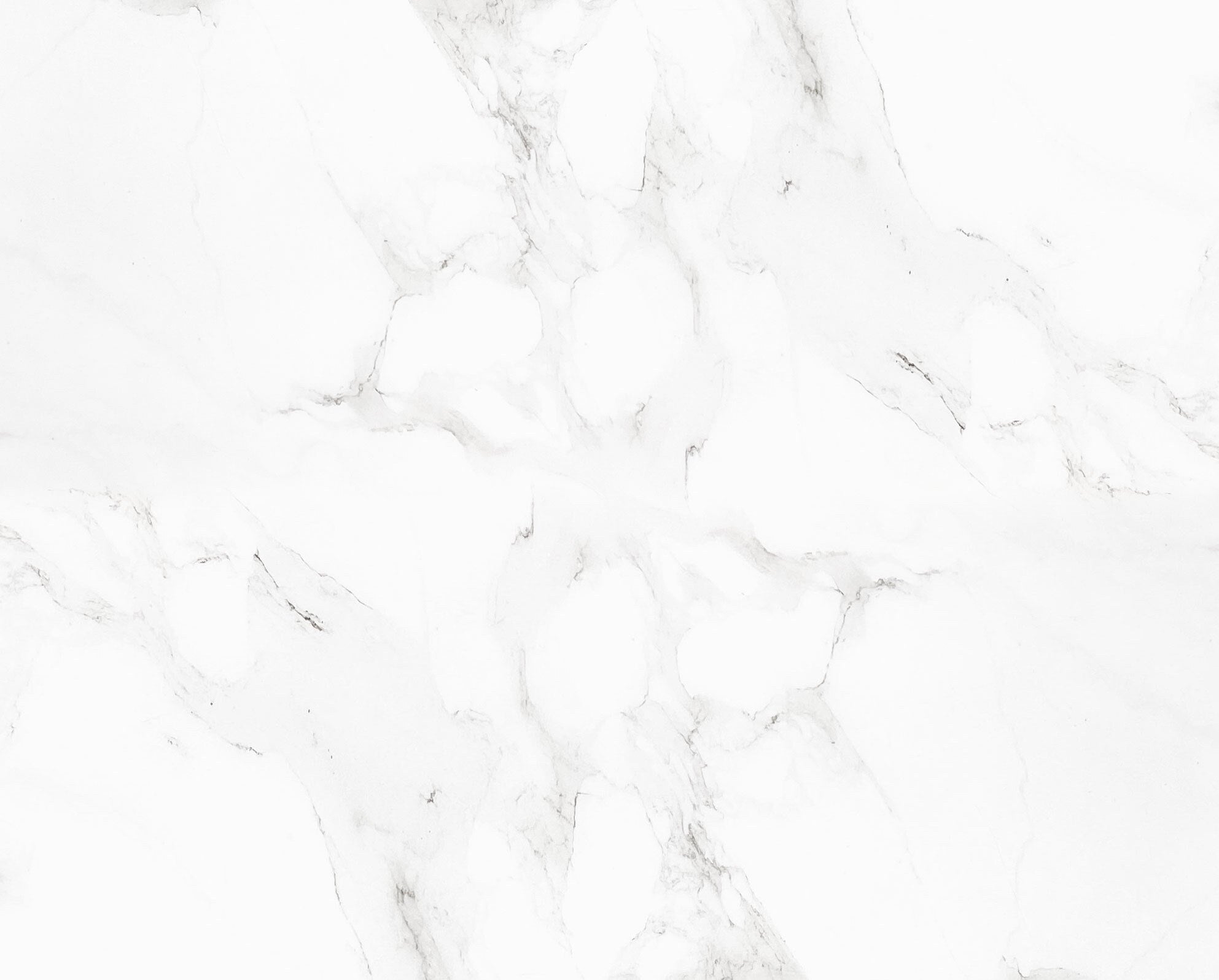Ideal Humidity Levels For Long Term Wine Storage
Before you indulge in your favourite wines, it’s important that you consider how you’re going to store your wine bottles. There are several factors that you should consider when storing your wine, especially in the long term. Most people simply consider temperature and keep their wine cool, and end up overlooking humidity.
Humidity is something that every wine lover should consider when storing their wine for longer periods of time - but why is humidity so important in wine storage? And what are the ideal humidity levels? How can you regulate humidity? We’ve got you covered. Keep reading to learn more about humidity and wine storage, and to find out how you can ensure your wine is stored within the ideal humidity range.
Why is Humidity Important in Wine Storage?
Humidity is one of the most important storage factors that you should consider when storing your wine, whether it’s in the short term or the long term. However, it is particularly important in the long term if you’re planning on ageing your wine or storing your wine for over six months. Your wine collection needs a little humidity in order to keep the corks moist. If your wine storage space doesn’t have enough humidity, then the cork will dry out and slip out of place, exposing your wine to oxygen.
Corks keep your wine protected from oxygen. Once your wine is exposed to oxygen, your wine will undergo several irreversible chemical changes that can cause your wine to taste unpleasant. It can also flatten the flavours and colours. If you’re investing in wine or ageing your wine, this can leave your wine worthless, wasting the time and effort you put into your wine.
However, you should also make sure that your wine collection isn’t exposed to too much humidity. If you store your wine in a space that’s too humid, then moisture may start to gather on the outside of your wine bottles. This can encourage mould growth, and destroy the labels. If you’re a wine collector or investor, you most likely want your labels to remain in top condition - so you should always take humidity seriously when storing your wine in the long term.
If you store more than wine bottles in your wine storage space, whether it be decanters, glasses, or other stemware, then you should ensure proper wine storage. After all, you don’t want mould to grow inside your decanter, do you?
What are the Ideal Humidity Levels?
Humidity is something that you should take seriously if you want your wine to taste, smell, and look as good as it should after storing it for a long period of time. The ideal humidity range is between 50% and 70%, with the optimal humidity level being 60% RH (relative humidity). Most wine cellars, wine cabinets and wine coolers will ensure that your wine is stored within this humidity range - keep reading to learn more about how you can regulate humidity levels for your wine collection.
How do I Regulate Humidity Levels?
As we’ve established, humidity is something that every wine lover should take into account when storing their wine collection. The good news is that you can find appliances that store your wine in perfect conditions, taking into account all of the important storage factors including, of course, humidity.
If you plan on storing your wine for shorter periods of time, or for preparing your wine for serving, then you may benefit most from purchasing a wine cooler/ wine fridge. Wine fridges are a great way to store your wine and work to regulate humidity levels between 50% and 70%. Wine coolers can come in different shapes and sizes - you can find wine coolers that can fit on top of your kitchen counter or table and store just a few bottles of wine, or you can find wine coolers that can store larger wine collections.
Wine coolers come in three designs - freestanding, built-in, and fully integrated. Freestanding wine coolers stand freely and should have sufficient space around the rear, sides, and above the unit, whereas built-in and integrated wine fridges are designed to be installed into smaller spaces such as kitchen cabinets, walls, or under kitchen counters.
If you’re looking to store your wine for longer periods of time, or you plan on ageing your wine collection, then your best bet is a wine cabinet. Wine cabinets have similar features to wine fridges, but are designed for long term storage, and are best at ageing your wine. Wine cellars are also a great place to store wine and maintain the ideal humidity levels. Wine cellar humidity is often overlooked but is essential for effective wine storage.
What Other Wine Storage Factors Should I Consider?
As well as humidity, you should take temperature, sunlight, and vibrations into account when storing your wine in the long term. When storing your wine in the long term, you should store your wine at a temperature between 11 and 14 degrees Celsius. However, if you want to prepare your wine for serving, then your whites and reds should be stored at different temperatures. White wine should always be stored in cooler temperatures, whereas red wine can be stored at a slightly warmer temperature - room temperature should do the trick.
You should also protect your wine from sunlight. Sunlight contains UV light, which can destroy your wine in a matter of hours. UV light causes irreversible chemical reactions within the body of the wine that essentially speeds up the ageing process, ruining the flavours of aromas of your wine. Although green bottles and brown bottles offer some protection, you should always keep your wine in a dark space. If you plan on using lights in your storage space to display your wine, opt for LED lights that create a glow but won’t heat up or damage your wine.










